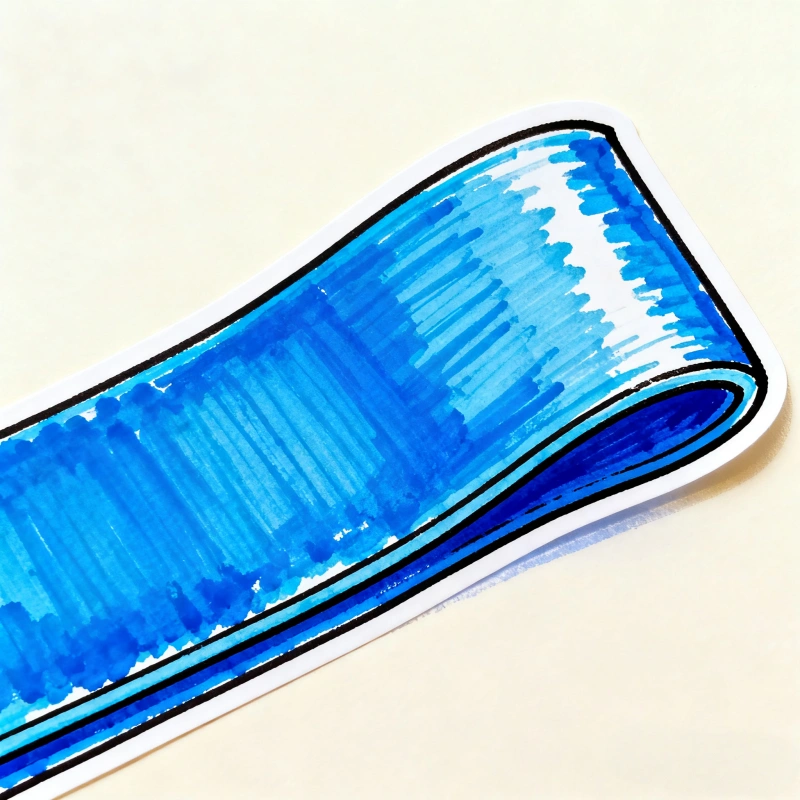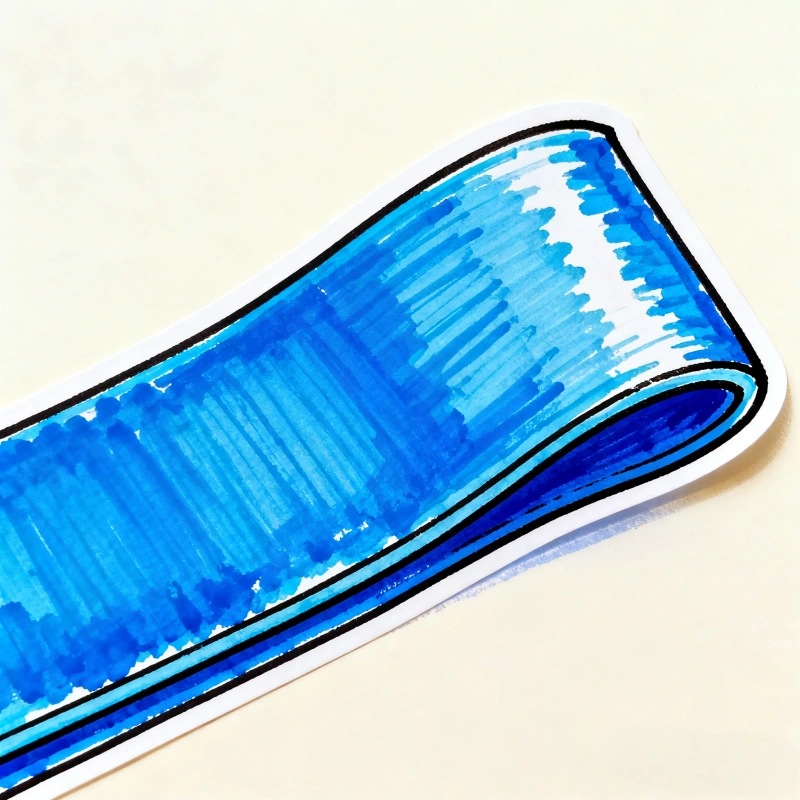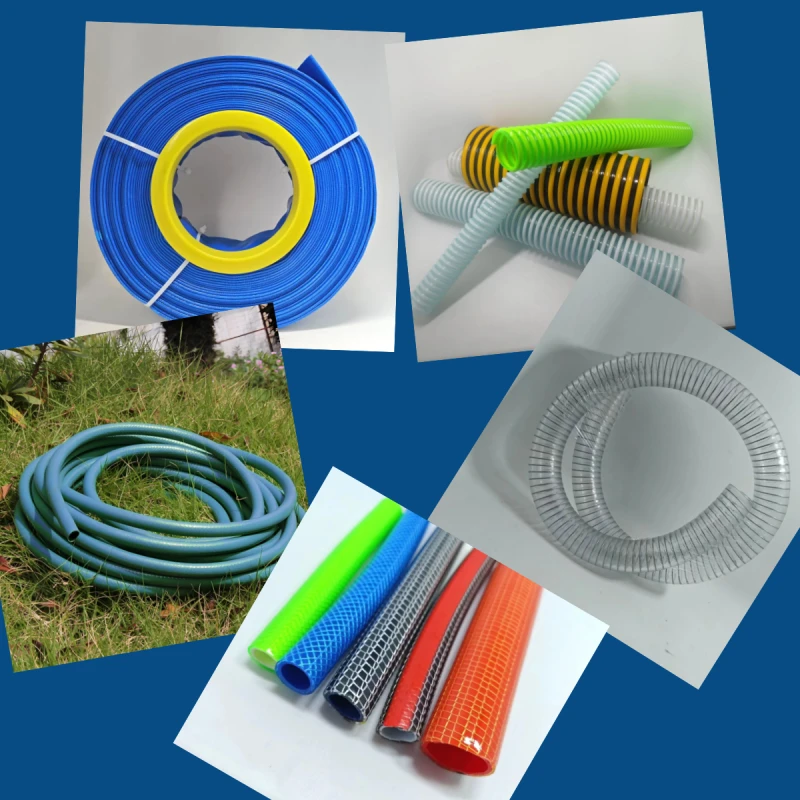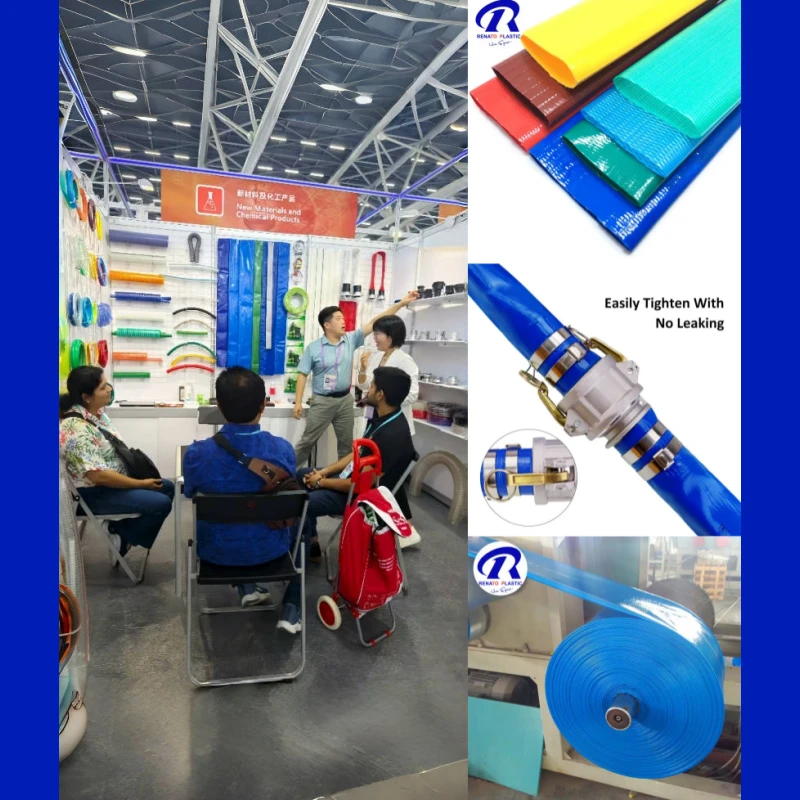3 Inch Lay Flat Discharge Hose: A Complete 2025 Buyer’s Guide
3 Inch Lay Flat Discharge Hose — A complete buyer’s guide covering materials, specifications, flow capacity, durability, pricing, and real-world applications. Learn how to choose the best 3 inch lay flat hose for irrigation, construction, and industrial water transfer.

A 3 inch lay flat discharge hose is the workhorse of water transfer. It coils easily, deploys quickly, and handles surprisingly high flow rates without weighing you down like rigid PVC pipes. When you unroll one, it behaves like a long, obedient ribbon designed to move hundreds of gallons of water per minute—no drama, no complaints.
This guide explores construction materials, performance data, real-world usage experience, durability, and key specs buyers should pay attention to.
What Is a 3 Inch Lay Flat Discharge Hose?
A lay flat discharge hose is a flexible tube designed to flatten when not in use and expand under pressure. The 3-inch size refers to the internal diameter, which is a popular choice for agriculture irrigation, pump drainage, and industrial water transfer.
The magic is in the design. The hose has no rigid skeleton; instead, woven reinforcement gives it strength while allowing it to flatten fully. You get a hose that rolls up neatly like a sleeping dragon and wakes up only when water starts moving.

Common Materials Used
Most 3 inch lay flat hoses fall into one of these materials:
PVC (Polyvinyl Chloride) – The most common, lightweight, affordable option.
Rubber/Nitrile – Better heat and abrasion resistance, used in heavy-duty fire and industrial setups.
Polyurethane (PU) – High burst pressure and long lifespan, though pricier.
PVC remains the global favorite because it balances strength with economy. Inside the PVC walls, polyester filaments are woven like a textile to give extra pull strength.
Key Specifications for a 3 Inch Lay Flat Hose
Typical values look like this:
• Inner diameter: 3 inches (76 mm)
• Working pressure: 45–80 PSI for standard PVC; 150–300 PSI for heavy-duty rubber
• Burst pressure: Usually 3× the working pressure
• Temperature range: –10°C to +60°C (PVC), higher for rubber
• Standard lengths: 50 ft, 100 ft, 25 m, 50 m
• Couplings: Camlock, flange, Bauer, or aluminum quick-connect
One interesting detail: a 3-inch hose at 80 PSI can exceed 270 gallons per minute in flow rate. Picture filling a small koi pond in less than 8 minutes. If you want other sizes of hose, you can check out our other products.
1 ,1/2 ,2,3,4,5,6 inch lay flat hose 50 ft 100 ft
1-1/4, 1/2, 2, 3, 4, 5, 6 inch lay flat discharge hose price from hose manufacturer
Real-World Usage: Data and Field Experience
Three-inch hoses show up in more places than you might think:
Agriculture: For irrigation pumps, slurry handling, and ditch drainage. Farmers love them because they’re easy to move between fields.
Construction: Dewatering foundations, trenches, and tunnels. A single 3-inch hose can evacuate thousands of liters per hour.
Flood control: Emergency crews often carry multiple rolls because they deploy quickly.
Industrial plants: Cooling water, waste liquid transfer, and temporary pipelines.
Buyers often report that PVC hoses last between 1–3 years depending on UV exposure and abrasion. Rubber hoses stretch that to 5–8 years. The biggest killer is usually dragging the hose on rough gravel—abrasion tests show PVC loses about 0.1–0.2 mm per day in such conditions.
Advantages of Using a 3 Inch Lay Flat Hose
Lightweight compared to rigid pipes
Easy storage thanks to flat-collapsible design
Fast deployment during emergencies
High compatibility with pumps and fittings
Affordable replacement cost
Shockingly high flow capacity for its weight
A 50 m roll can weigh as little as 18 kg for PVC. One person can carry it, though the unrolling moment always feels like releasing a stubborn ribbon that wants to flee across the ground.
How to Choose the Best 3 Inch Lay Flat Discharge Hose
Several factors determine performance:
Pressure rating – Match the hose rating to the pump.
Reinforcement quality – Look for tight polyester weave.
Thickness – Standard PVC is 1.3–1.8 mm; heavy-duty can exceed 2.3 mm.
UV protection – Outdoor hoses need high-grade anti-UV PVC.
Coupling compatibility – Ensure correct male/female camlock sizes.
Storage – A cool, shaded area increases hose lifespan significantly.
When unsure, always choose one rating higher than your pump. Over-spec is boring, but burst hoses are never boring in the good way. Common specifications for 2-Inch Lay Flat Hose:2 Inch Lay Flat Hose 50m 100m: Complete Buying Guide, Specifications, and Applications
Typical Price Range
Global market prices for 3 inch lay flat hoses (PVC) fall into the following range:
• Standard PVC: $0.80–$1.40 per meter
• Heavy-duty PVC: $1.50–$2.50 per meter
• Rubber/Nitrile: $4–$10 per meter
• Polyurethane: $5–$12 per meter
Factors such as UV stabilizers, thickness, and camlock fittings affect the final price.
Applications Across Industries
Agriculture irrigation
Construction drainage
Flood emergency relief
Mining operations
Factory water discharge
Portable pump systems
Temporary firefighting lines
The versatility is why this size remains a best-seller worldwide.
Final Thoughts
A 3 inch lay flat discharge hose offers a reliable mix of mobility, durability, and strong flow performance. Whether used on a farm, a construction site, or during an emergency, it behaves like a dependable partner—unroll it, power up your pump, and it does the rest.
If you ever want to explore 2-inch, 4-inch, or heavy-duty nitrile versions, each opens up its own little corner of engineering quirks and real-world performance stories.
2" PVC lay flat discharge hose 50 ft 100 ft wholesale
2 inch lay flat discharge hose 100 ft 300 ft | OEM hose bulk order
4 Inch 4bar Layflat Farm Watering Hose
2 Inch 4 Inch Lay Flat Discharge Hose
As a professional PVC hose factory, we provide customized and OEM PVC hose services.


